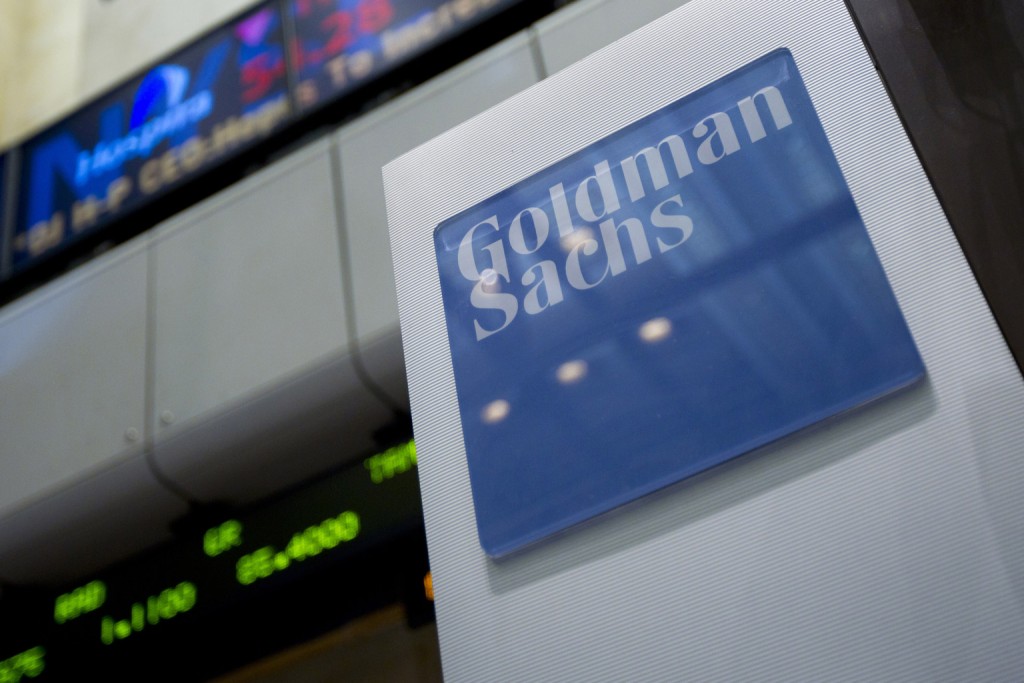
Goldman Sachs is recommending an overweight position in Indian equities relative to Asian peers, betting that buoyant consumption demand and government spending will underpin profits
Indian stocks should offer returns in the low-teens in dollar terms based on expectations of 10-14 percent growth in earnings, Goldman Sachs analysts including Sunil Koul said in a research note.
“Even with subdued expectations, India stands out against the rest of its regional peers as we expect weak profits in most markets with overall earnings per share (EPS) growth of just 1 percent for the region and large currency weakness in most parts of the region,” the Goldman analysts said, while lowering its earning forecasts for the country’s Nifty index.
“We therefore reaffirm our overweight India stance in the regional context given its continued relative appeal.”
That’s not to say Indian stocks are cheap on an outright basis. They trade at a 30 percent premium to their regional peers, although this was as high as 50 percent a few months ago, the Goldman analysts said.
Goldman favors stocks in sectors including capital goods and cement sectors as the government spends more on railways and roads, and low-cost housing picks up.
India’s benchmark Sensex index is down 8.95 percent this year, tracking weakness in emerging markets as China’s economy continues to slow and commodity prices weaken. The 50-stock Nifty is down 7.27 percent.
Concerns have also grown that the Indian government’s reform drive is sputtering, spurring foreign investors to pull funds out of the country. The rupee is currently tottering near record lows against the dollar.
External factors have certainty taken a toll.
Goldman estimates that more than half of the revenues and 40-50 percent of the aggregate profits for the equity indices are either exposed to commodity-sensitive sectors such as metals and oil or exporters in technology and pharmaceutical industries.
The investment bank is hopeful that recent steps taken in the budget to boost infrastructure investments and make it easier to do business will support the economy, which despite slowing is now growing at a faster clip than its Chinese counterpart.
A better grip on public finances could also give the Reserve Bank of India (RBI) more room to cut interest rates, according to Goldman.
Household demand for funds should remain firm although balance sheets of larger companies are more stretched, the investment bank said.